Technology ownership
Delegate Nguyen Thi Lan (Hanoi delegation) expressed her agreement with the need to amend the law after more than 7 years of implementation. According to Ms. Lan, although the 2017 Law has been effective, many points are no longer suitable to new realities, when science and technology, digital transformation and green transformation are the main driving forces for development.
“Reality shows that the flow of knowledge from institutes and schools to businesses is still not really smooth. Many valuable research results are still in drawers, not yet released to the market,” Ms. Lan worries.
The delegate emphasized that this amendment must be an opportunity to create an open and modern legal corridor, learn from the experiences of developed countries to narrow the gap between research and production, and turn innovation into a real pillar of growth.
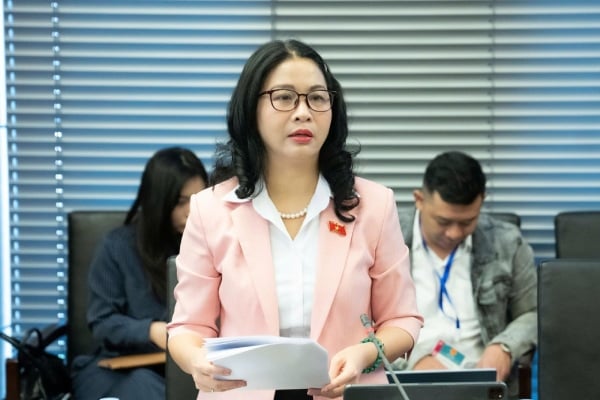
Going into specific contents, delegate Nguyen Thi Lan proposed groundbreaking changes. Particularly in Article 7 on the right to transfer technology, the delegate proposed adding two important rights for technology owners: the right to continue improving and developing the transferred technology; the right to distribute and sell products created from that technology.
Explaining this proposal, Ms. Lan cited classic lessons from the international community. The US Bayh–Dole Act of 1980 created a revolution when it gave patent ownership (from the state budget) to universities. As a result, only 5% of previously commercialized patents exploded into thousands of spin-off businesses, making schools like Stanford and MIT the “cradle” of large technology corporations.
Similarly, South Korea, with its Research Commercialization Promotion Act of 2000, helped create more than 3,000 high-tech companies from universities in just a decade.
“In Vietnam, technology transfer centers of Hanoi University of Science and Technology, Ho Chi Minh City National University or Vietnam Academy of Science and Technology still lack a clear mechanism to legally own and exploit research results. I think this law needs to address that very point — so that scientists, institutes and schools are encouraged to master technology,” the delegate emphasized.
In addition, regarding Article 8 on capital contribution by technology, it is necessary to give full authority to the organization creating the technology to decide on the value, capital contribution plan and profit distribution, except for projects related to security and national defense.
Flexible mechanisms and "smart" incentive policies are needed.
Regarding Article 9 on technology incentives, delegates said that the law should only set out general principles, while the specific list should be assigned to the Government to ensure flexibility and timely updates to the pace of technological change. Experiences from the EU, Israel and Singapore show that the law only sets out principles, while the Government will flexibly adjust the priority list in each stage.
In particular, she proposed adding the principle of "domestic priority" when transferring high technology abroad, to ensure national technological autonomy, similar to the control mechanism of the US, EU, and Japan.
Regarding Article 35 regarding incentive policies, delegates welcomed the draft’s new thinking when classifying incentives into 3 levels: “Application”, “Mastery” and “Innovation”. However, she warned of the risk of policies being difficult to apply or of a “request-grant” mechanism arising if there is no specific and transparent set of criteria for evaluation. For example, the localization rate, new product revenue, and the number of commercialized patents.
At the same time, she proposed studying soft tools such as the “Innovation Voucher” model of the Netherlands and Singapore. Accordingly, the state issues vouchers to small and medium-sized enterprises to “buy” R&D services from institutes and schools, thereby helping enterprises improve technology and creating revenue for research facilities.
“This amendment to the law is a turning point in management thinking – from ‘managing transfer’ to ‘creating momentum for innovation’. If completed in an open and empowering direction, I believe that the Law will become a launching pad for Vietnam’s innovation ecosystem, helping science and technology truly become the main driving force for growth and national competitiveness,” the delegate expressed.
Source: https://doanhnghiepvn.vn/cong-nghe/can-hanh-lang-phap-ly-thuc-su-coi-mo-cho-chuyen-giao-cong-nghe/20251106101341781



![[Photo] Heavy damage after storm No. 13 in Song Cau ward, Dak Lak province](https://vphoto.vietnam.vn/thumb/1200x675/vietnam/resource/IMAGE/2025/11/08/1762574759594_img-0541-7441-jpg.webp)






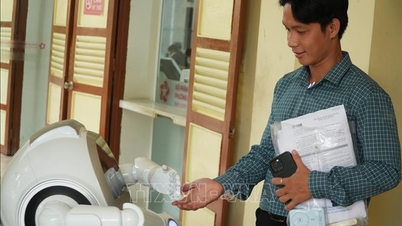

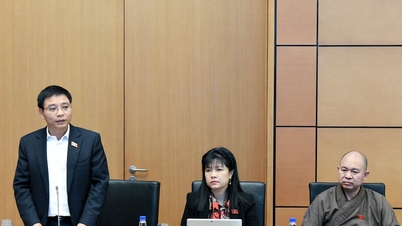

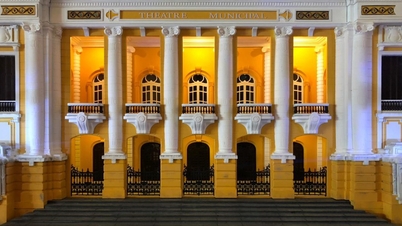

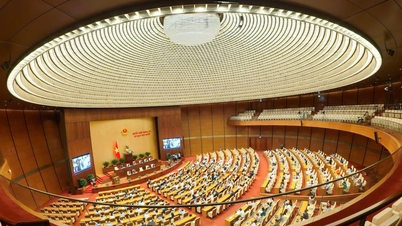

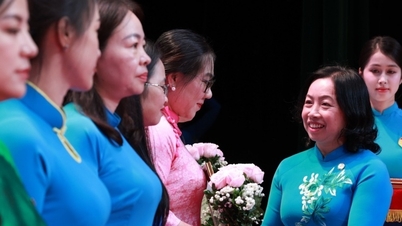




















![[Video] Hue Monuments reopen to welcome visitors](https://vphoto.vietnam.vn/thumb/402x226/vietnam/resource/IMAGE/2025/11/05/1762301089171_dung01-05-43-09still013-jpg.webp)

































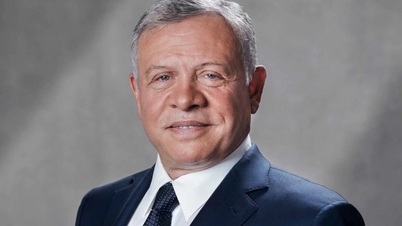














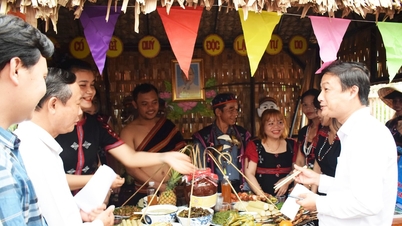

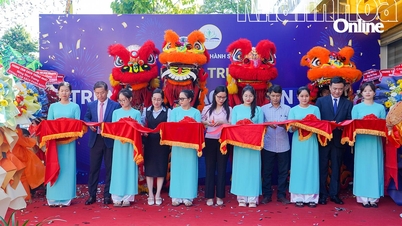


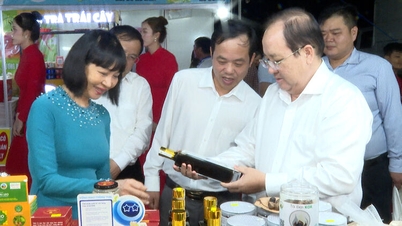

















Comment (0)